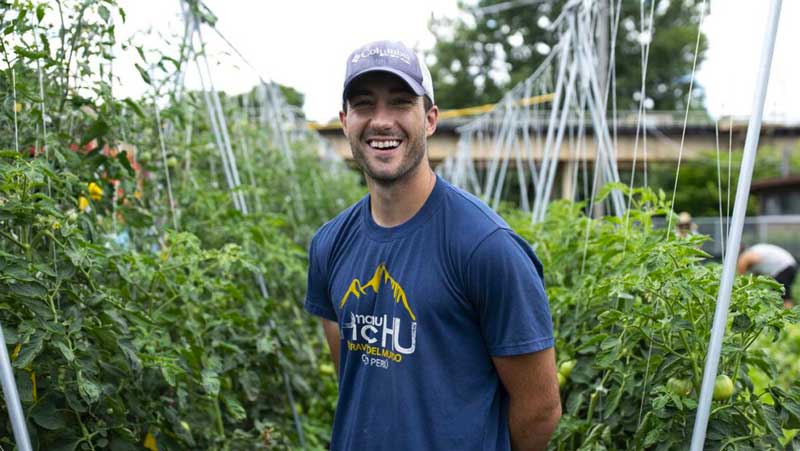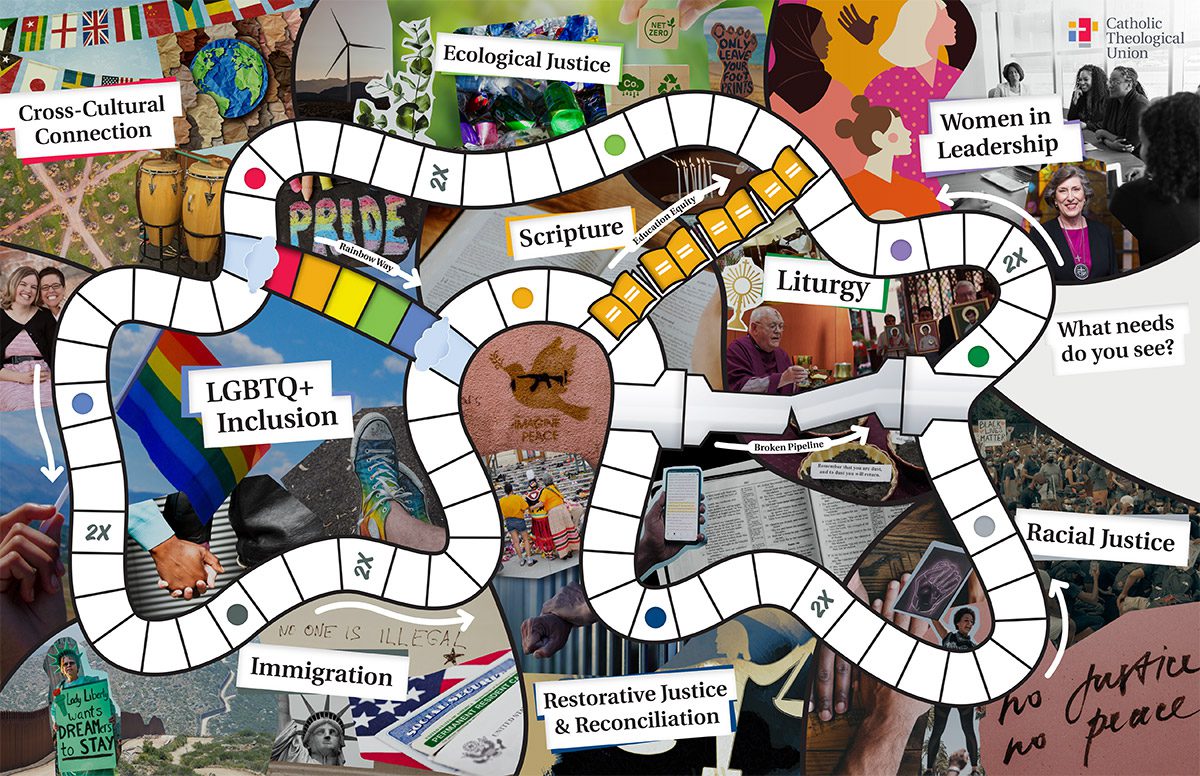Courses
Summer 2022
Christ of the Forest with Mary Froelich, RSCJ : When his disciples showed signs of faltering, Jesus took them to the forests of Mount Hermon to refresh and reframe. Both Pope Francis’s encyclical Laudato Si’ and recent scientific research show how profoundly humans are meant to live in deep interconnection with the natural world. Mary Frohlich, RSCJ’s course, “Christ of the Forest” provides opportunities to explore spiritual practices that foster such interconnection, while also giving such practices a Christian theological foundation.
Fall 2022
Ethics and Economics of Climate Change: This course considers the problem of climate change and related environmental problems through the multiple disciplines of ethics, economics, political science, moral psychology, and theology. The moral implications of cost-benefit analysis, of the natural environment seen as a “public good,” and of the international and inter-generational distribution of the burdens of climate change are considered.
“Joy to the world! Let heaven and nature sing!”
Like me, you probably sang these words during the recent celebration of Christmas – the Christian holiday more accurately described as the Feast of the Incarnation.
Christmas celebrates God becoming flesh. And not just any flesh, but the flesh of a tiny, vulnerable infant who needed – in the words of Denise Levertov’s poem “Annunciation” – “milk and love.” The Creator of the Universe, the Source of All Being takes the risk of becoming a baby in this messy, beautiful world. It is a wild claim so difficult to wrap our finite minds around that we need to practice believing it every year. Continue Reading…

Karen Ross, PhD
Director
A Pathway for Tomorrow: Co-Creating the Church of Tomorrow at CTU













